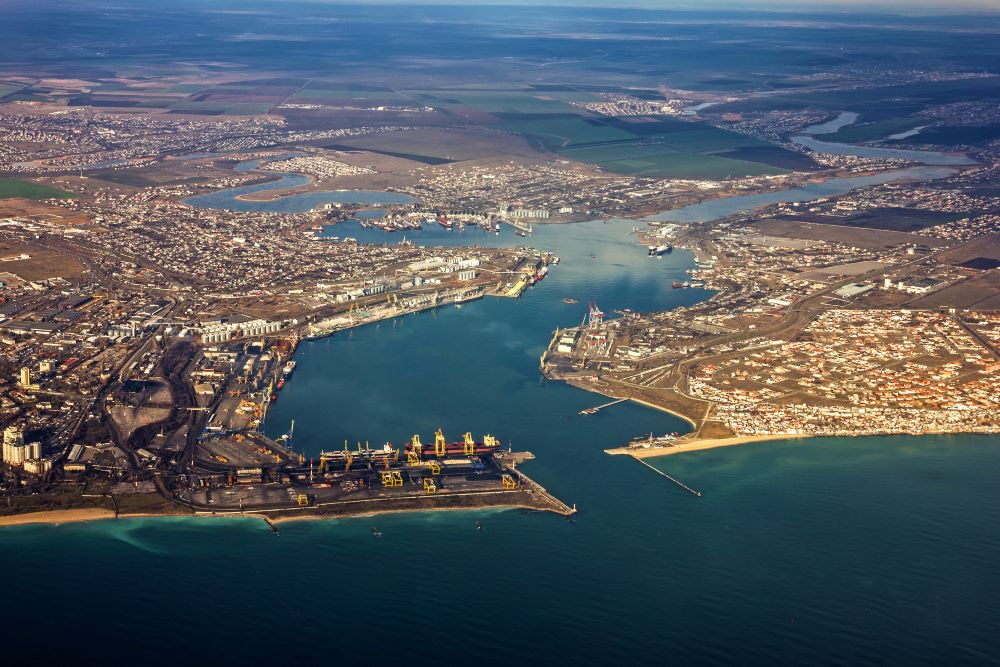
The agreement that allows the shipping of crucial grain products and other foodstuffs from Ukrainian ports has suffered another potential setback this week, as concerns mount over the long-term future of the Black Sea initiative.
On Monday (17 April), the Ukrainian government said that inspections of ships had not taken place, causing a backlog of ships.
Under the terms of the deal – brokered by the UN and Turkey – between Russia and Ukraine inspections are carried out from the Joint Coordination Centre (JCC) in Istanbul, allowing crucial grain shipments and foodstuffs to be exported from Ukrainian ports.
Second time unlucky
“For the second time in nine months of operation of the Grain Initiative, an inspection plan (for participating vessels) has not been drawn up, and not a single vessel has been inspected,” the Ukrainian government said on social media, according to Reuters.
As previously reported by the IOE&IT Daily Update, no inspections were conducted on Easter Monday (11 April).
The US ambassador to Ukraine, Bridget Brink, said on Twitter that “more than 50 ships are waiting at the Bosphorus for approval to go to Ukrainian ports to load grain that will feed those who need it.” She accused Russia of violating the terms of the agreement.
Shipments resumed
Russian state media reported that inspections had been resumed today (18 April) and blamed their Ukrainian counterparts for failing to follow procedures.
Traders of foodstuffs are reportedly not too concerned, as it is still early in the season, but Bloomberg notes that this may not be the case if these problems continue into the summer.
Russia has been skeptical about continuing the deal while seeking movement on its own exports of goods.
According to Lloyd’s List, Moscow wants to regain access to the international payment system SWIFT and reopen the Tolyatti-Odesa pipeline, which carried ammonia for exporting.
Ukranian infrastructure minister Oleksandr Kubrakov will meet Turkish defence minister Hulusi Akar in Kayseri, Turkey, today for talks on the grain deal, according to the Daily Sabah.
European export bans
The issues at the port side come as Ukrainian exports also face a blockage from EU sources.
Poland, Hungary and Slovakia have announced export bans on Ukrainian grain, citing the need to protect their internal markets, with Bulgaria mulling a similar move.
The European Commission (EC) rejected these actions, stating that it was not the position of individual member states to create trade policy.
“In such challenging times, it is crucial to coordinate and align all decisions within the EU,” an EC spokesperson said.
Domestic realities
According to the BBC, Polish and Hungarian farmers were complaining that Ukrainian grain was flooding their domestic markets and harming their own trade.
Domestic political pressure might be behind the moves, according to Sky News, as the Slovakian and Polish governments face tough elections later this year, whilst Bulgarian politicians are struggling to form a coalition capable of holding power after a fifth set of indecisive elections since April 2021.
Polish agriculture minister Henryk Kowalczyk resigned earlier this month over anger over food prices, as his Law and Justice party attempt to retain their agricultural supporter base, whilst the governing Slovak coalition faces snap elections and poor opinion polls following a lost vote of no confidence.
